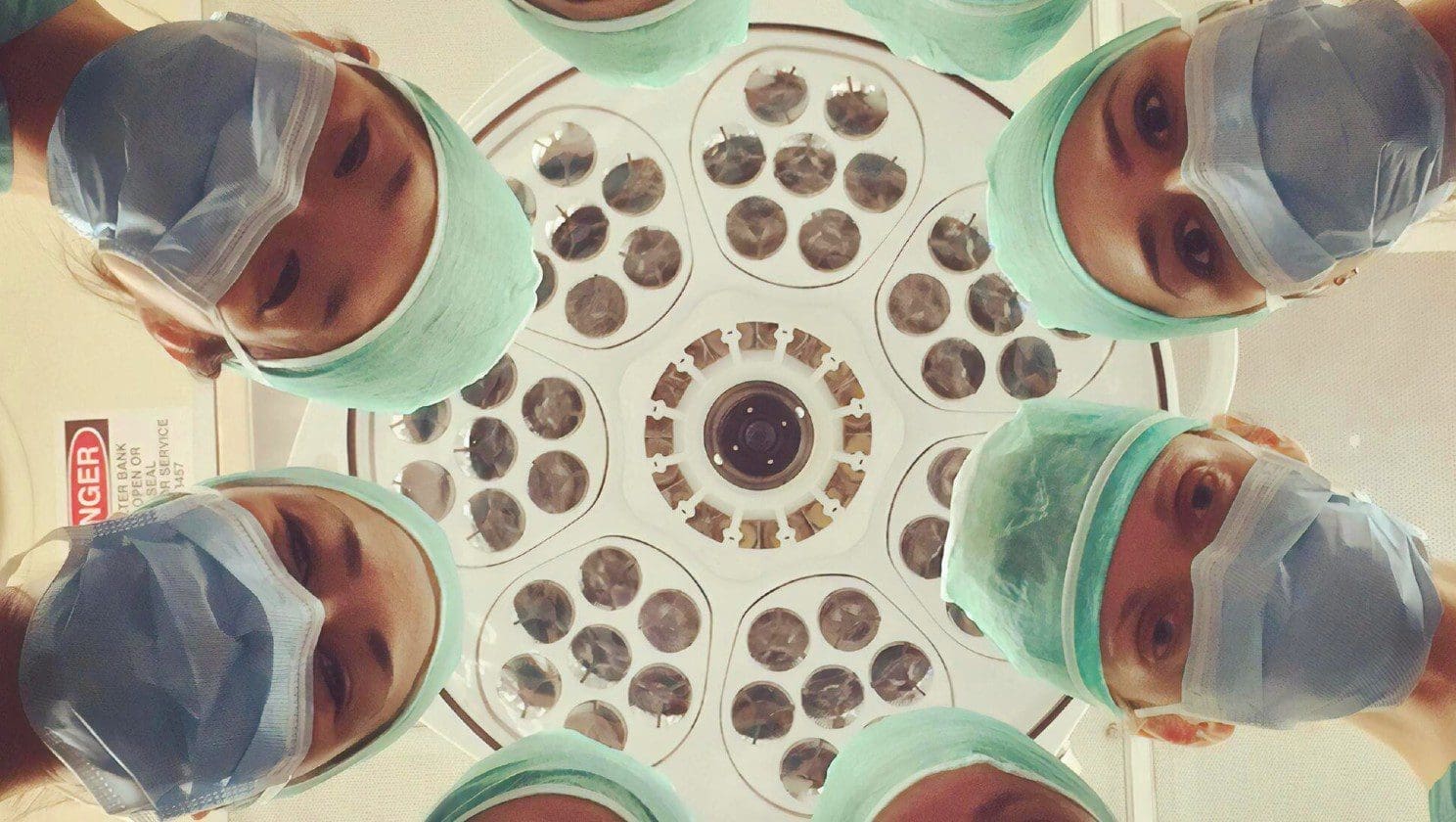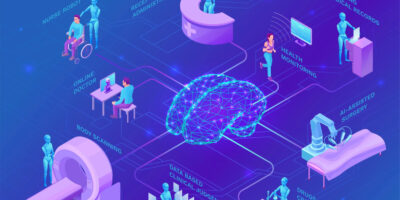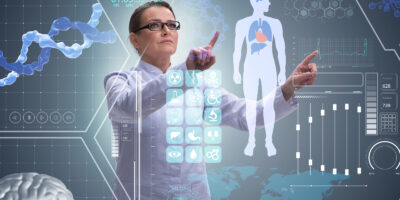
IoT can potentially transform the healthcare industry to a whole new level. By automating processes and gathering data from various devices, we can ultimately improve patient care and reduce costs to an unprecedented degree. With IoT technology, healthcare institutions can track and monitor the performance of equipment, medications, drugs, procedures, and other treatments in real-time. This will make it possible for nurses to monitor the effectiveness of their medication dosages more accurately. Here are ways IoT is already improving healthcare worldwide, and how it could impact global health in the future.
Better Patient Care
Innovation and new technologies are key factors in improving patient care. IoT could be used to improve medication delivery and monitoring efficiency. Other IoT capabilities could reduce costs related to facilities, equipment, and staff by automating processes and gathering data from various devices. Moreover, IoT-based digital records could improve the quality of care by making it possible to identify which patients are at risk of developing certain conditions and need extra monitoring. All this would help healthcare facilities reduce their costs and improve patient outcomes.
Streamline Healthcare Processes
Similarly, new IoT capabilities could make it possible to automate certain healthcare processes. For example, patient information and tracking systems could be integrated to monitor patient demographics, medical conditions, and behavior. This could help to ensure appropriate medication dosages and to reduce overall healthcare costs.
Better Doctor Communication
Telemedicine has shown great potential for improving patient care. IoT could facilitate remote monitoring and management of procedures, for example. This could reduce costs for both patients and healthcare facilities by streamlining processes and making it possible to monitor and manage treatments and medications remotely.
IoT-Based Digital Records
Beyond all this, IoT could also improve data privacy and security. Making it easier for patients to authenticate themselves and healthcare providers to authenticate themselves during treatment could further increase data privacy and security.
HealthCare has become a centralized business emphasizing administrative and financial costs. One of the biggest challenges for the industry is simply getting data from various sources and analyzing it in an automated and efficient way. In some cases, this is accomplished manually, but often this is done by using software that is designed to collect and analyze data automatically. In both cases, the end goal is the same. To provide better patient care, with the potential of IoT to reduce costs and improve patient outcomes. Healthcare can become even more efficient and effective.


